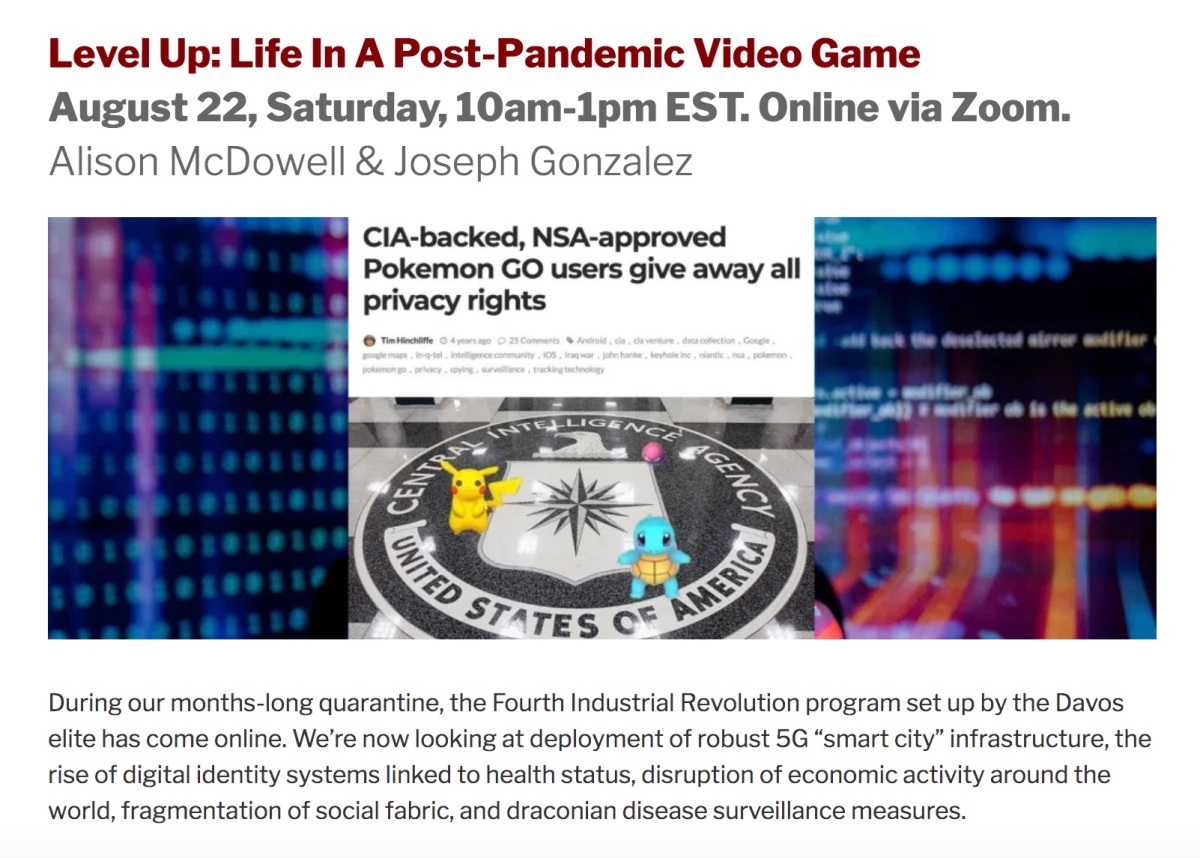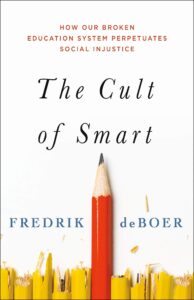What it would take to end child poverty in America
Rep. Barbara Lee on why rebuilding the economy should mean investing in our kids.
In 2019, about one in six children in America — 12 million kids nationwide — lived in poverty. That’s a rate about two or three times higher than in peer countries. And that was before the worst economic and public health crisis in modern history.
The scale of child poverty in America is a disgrace, not only because of the suffering it creates and the potential it drains from our society, but also because it’s easily avoidable. Child poverty is not an inevitability; it’s a policy choice. And we’ve been making the wrong choice for far too long.
So for the second episode of our economic remobilization series on The Ezra Klein Show, I wanted to focus on a simple set of questions: What if we started taking our moral responsibility to America’s kids seriously? What would that world look like? How would we get there?
Rep. Barbara Lee is the chair of the Majority Leader Task Force on Poverty and Opportunity — and she’s someone who raised two kids, as a single mom on public assistance. In 2015, Lee and her colleague Rep. Lucille Roybal-Allard commissioned a landmark report from the National Academy of Sciences to better understand child poverty in America and what we could do to reduce it. Released last year, the report lays out a series of concrete policy proposals that would cut child poverty in half while paying for themselves 10 times over in social benefits.
In this conversation, Lee and I discuss the psychological impact that poverty has on kids, why investing in children is one of the best investments a society can make, what other countries do right on this front that we can learn from, what it would take to end child poverty as we CONTINUE READING: Rep. Barbara Lee on what it would take to end child poverty in America - Vox



























